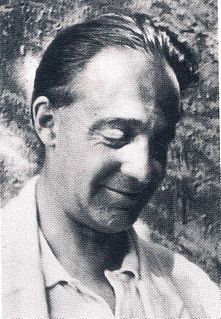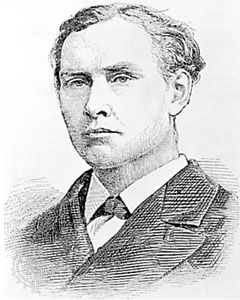A Quote by Thomas Browne
There is nothing strictly immortal, but immortality. Whatever hath no beginning may be confident of no end.
Related Quotes
Every artist's strictly illimitable country is himself. An artist who plays that country false has committed suicide; and even a good lawyer cannot kill the dead. But a human being who's true to himself - whoever himself may be - is immortal; and all the atomic bombs of all the antiartists in spacetime will never civilize immortality.
TEF is predicated on logic, a simple wager that every human faces:
If a reasoning human being loves and values life, they will want to live as long as possible-the desire to be immortal. Nevertheless, it's impossible to know if they're going to be immortal once they die. To do nothing doesn't help the odds of attaining immortality-since it seems evident that everyone will die someday and possibly cease to exist. To try to do something scientifically constructive towards ensuring immortality beforehand is the most logical conclusion.
If Christianity cannot present evidence that the soul is immortal, then they have nothing to offer the masses, eternity in heaven with God or hold over their heads suffering forever in hell. They need the immortality of the soul. I did my research, it's not in the Bible, so what do they do? They relied on Judaism, which has always believed in the immortality of the soul. I start checking on that and I look in the Judaica Encyclopedia and what do I find? Their remark that Judaism probably got the immortality of the soul from the Greeks, so I go back further, where it all started with Plato.
It is easy to remove the mind from harping on the lost illusion of immortality. The disciplined intellect fears nothing and craves no sugar-plum at the day's end, but is content to accept life and serve society as best it may. Personally I would not care for immortality in the least. There is nothing better than oblivion, since in oblivion there is no wish unfulfilled. We had it before we were born, yet did not complain. Shall we whine because we know it will return? It is Elysium enough for me, at any rate.
Whatever man may stand, whatever he may do, to whatever he may apply his hand - in agriculture, in commerce, and in industry, or his mind, in the world of art, and science - he is, in whatsoever it may be, constantly standing before the face of God. He is employed in the service of his God. He has strictly to obey his God. And above all, he has to aim at the glory of his God.
I saw full surely that ere God made us He loved us; which love was never slacked, nor ever shall be. And in this love He hath done all His works; and in this love He hath made all things profitable to us; and in this love our life is everlasting. In our making we had beginning; but the love wherein He made us was in Him from without beginning: in which love we have our beginning. And all this shall we see in God, without end.




































